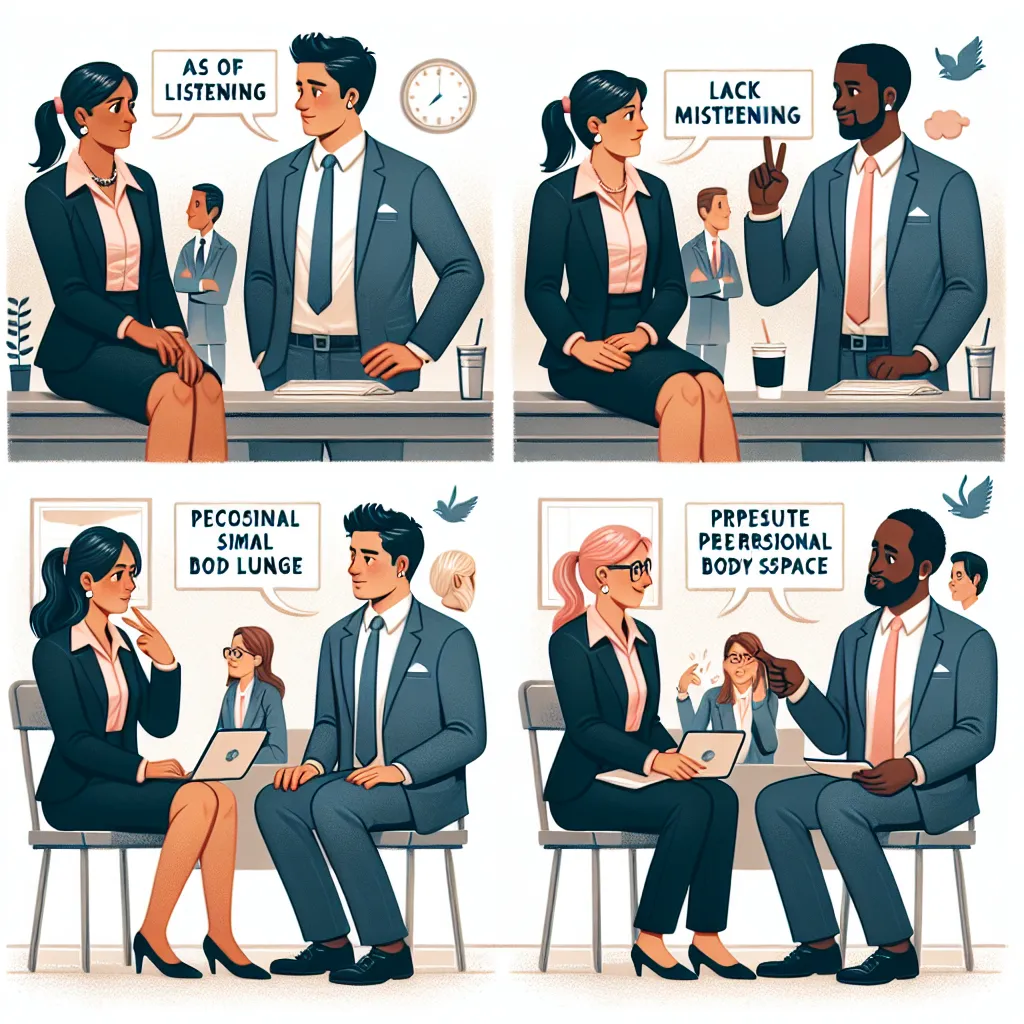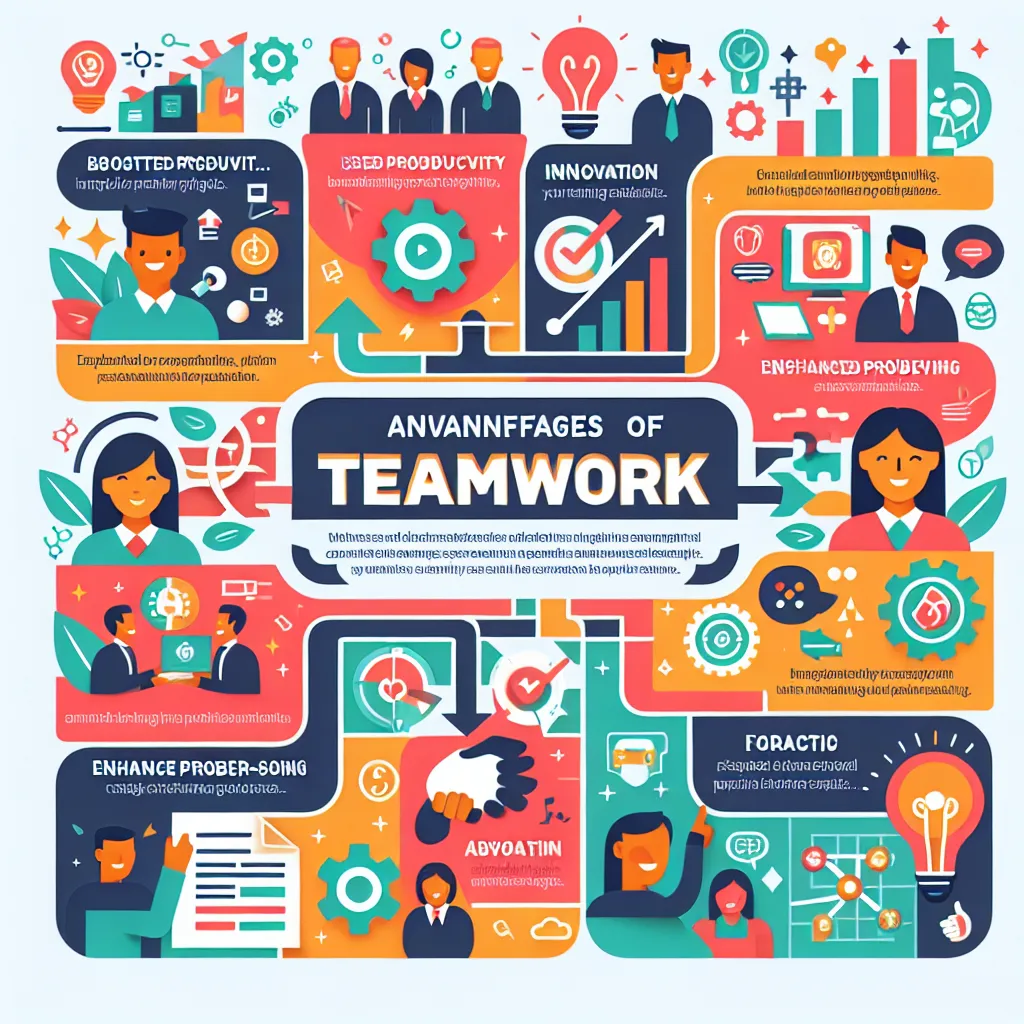Effective communication is a cornerstone of success in any professional setting, and being able to articulate your communication skills during an interview can significantly boost your chances of landing the job. This guide will help you navigate the often challenging task of discussing your communication abilities in English, providing you with valuable insights and practical tips to showcase your strengths confidently.
Understanding the Importance of Communication Skills
In today’s interconnected world, strong communication skills are more crucial than ever. Employers highly value candidates who can express themselves clearly, listen actively, and collaborate effectively with colleagues and clients. When discussing your communication skills in English, it’s essential to demonstrate not only your language proficiency but also your ability to convey ideas, handle diverse situations, and build relationships.
Key Aspects of Communication Skills
- Verbal communication
- Written communication
- Active listening
- Non-verbal communication
- Interpersonal skills
- Presentation skills
- Cross-cultural communication
 Communication Skills Diagram
Communication Skills Diagram
Preparing to Discuss Your Communication Skills
Before your interview, take time to reflect on your communication experiences and strengths. Consider specific examples that highlight your abilities in various contexts.
Self-Assessment Questions
- How do you adapt your communication style to different audiences?
- Can you recall a time when you successfully resolved a conflict through communication?
- What strategies do you use to ensure clear and effective written communication?
- How do you handle situations where there’s a language barrier?
Effective Ways to Showcase Your Communication Skills
When discussing your communication skills in English during an interview, consider these approaches:
-
Use the STAR method: Structure your responses using the Situation, Task, Action, Result format to provide concrete examples of your communication skills in action.
-
Highlight diverse experiences: Mention instances where you’ve communicated effectively in various settings, such as team projects, client interactions, or public speaking engagements.
-
Emphasize active listening: Describe how you ensure you understand others’ perspectives and respond appropriately.
-
Discuss cross-cultural communication: If applicable, share experiences of communicating effectively with people from different cultural backgrounds.
-
Mention specific tools and techniques: Talk about any communication tools or methods you’re proficient in, such as presentation software or conflict resolution techniques.
Sample Interview Questions and Responses
Q: Can you describe a situation where your communication skills made a significant impact?
A: “Certainly. In my previous role as a project manager, we were facing a critical deadline for a client project. There was a miscommunication between the design and development teams, which threatened to delay the project. I organized an emergency meeting where I facilitated a discussion between both teams. By actively listening to each side’s concerns and clearly articulating the project requirements, we were able to identify the root of the misunderstanding. I then created a detailed project timeline with clear responsibilities for each team member. As a result, we not only met the deadline but also improved our inter-team communication processes for future projects.”
Q: How do you ensure your written communication is clear and effective?
A: “I believe in the power of clarity and concision in written communication. Before drafting any important document or email, I always consider my audience and tailor my language accordingly. I use a structured approach, starting with a clear purpose statement, followed by key points, and ending with a call to action or next steps. I also make use of bullet points and headings for readability. After writing, I always review my work, checking for grammar and clarity. Often, I’ll ask a colleague to review important documents to ensure the message is clear from an outside perspective. This approach has consistently resulted in positive feedback from colleagues and clients on the clarity of my written communication.”
Handling Challenging Communication Questions
Sometimes, interviewers may ask questions that are outside your immediate experience or knowledge. Here are some tips for handling such situations:
-
Be honest: If you’re unsure about something, it’s better to admit it than to try to bluff your way through.
-
Show willingness to learn: Express your interest in developing new communication skills or learning about unfamiliar concepts.
-
Draw parallels: If you lack direct experience in a specific area, try to relate it to similar experiences you’ve had.
-
Ask for clarification: If you don’t fully understand the question, it’s okay to ask the interviewer to rephrase or provide more context.
Common Mistakes to Avoid
When discussing your communication skills, be wary of these common pitfalls:
-
Overemphasis on speaking: Remember that effective communication involves both speaking and listening.
-
Neglecting non-verbal communication: Don’t forget to mention the importance of body language and tone.
-
Lack of specific examples: Avoid general statements without backing them up with concrete instances.
-
Ignoring digital communication: In today’s workplace, proficiency in digital communication tools is crucial.
-
Underestimating the importance of adaptability: Failing to mention how you adapt your communication style to different situations or audiences.
 Common Communication Mistakes
Common Communication Mistakes
Follow-up Questions and Suggested Responses
-
Q: How do you handle communication breakdowns in a team setting?
A: “I approach communication breakdowns by first identifying the root cause. I’ll arrange a team meeting to openly discuss the issues, ensuring everyone has a chance to voice their concerns. Then, I work with the team to establish clear communication protocols and expectations. Regular check-ins and feedback sessions help maintain open lines of communication.” -
Q: Can you give an example of how you’ve adapted your communication style for different audiences?
A: “Certainly. When presenting technical information to non-technical stakeholders, I focus on the business impact and use analogies to explain complex concepts. Conversely, when communicating with technical team members, I delve into specifics and use industry terminology. This adaptability ensures that my message resonates with each audience effectively.” -
Q: How do you ensure your message is understood in written communication?
A: “I always structure my written communications with a clear purpose, key points, and actionable next steps. I use formatting techniques like bullet points and headings for clarity. For important documents, I often ask a colleague to review and provide feedback before sending.” -
Q: Describe a situation where you had to communicate a complex idea to someone with limited knowledge of the subject.
A: “In a previous role, I had to explain our new software architecture to the marketing team. I used visual aids and real-world analogies to break down the concept. I also encouraged questions throughout the presentation and followed up with a simple summary document. This approach helped the team grasp the basics and its relevance to their work.” -
Q: How do you handle disagreements or conflicts in a professional setting?
A: “I believe in addressing conflicts promptly and professionally. I start by actively listening to understand all perspectives. Then, I focus on finding common ground and work towards a solution that addresses everyone’s concerns. I always maintain a calm and respectful demeanor, which helps in de-escalating tensions.”
Conclusion
Effectively discussing your communication skills in English during an interview requires preparation, self-reflection, and the ability to provide concrete examples. By understanding the key aspects of communication, preparing relevant examples, and avoiding common pitfalls, you can confidently showcase your abilities to potential employers. Remember, good communication is not just about speaking fluently; it’s about connecting with others, understanding diverse perspectives, and adapting your style to different situations.
For more insights on acing your job interview, check out our related articles on how to answer “What is your biggest strength?” in English and how to explain your experience in handling conflict. These resources will further enhance your interview preparation and help you present yourself as a well-rounded candidate.




